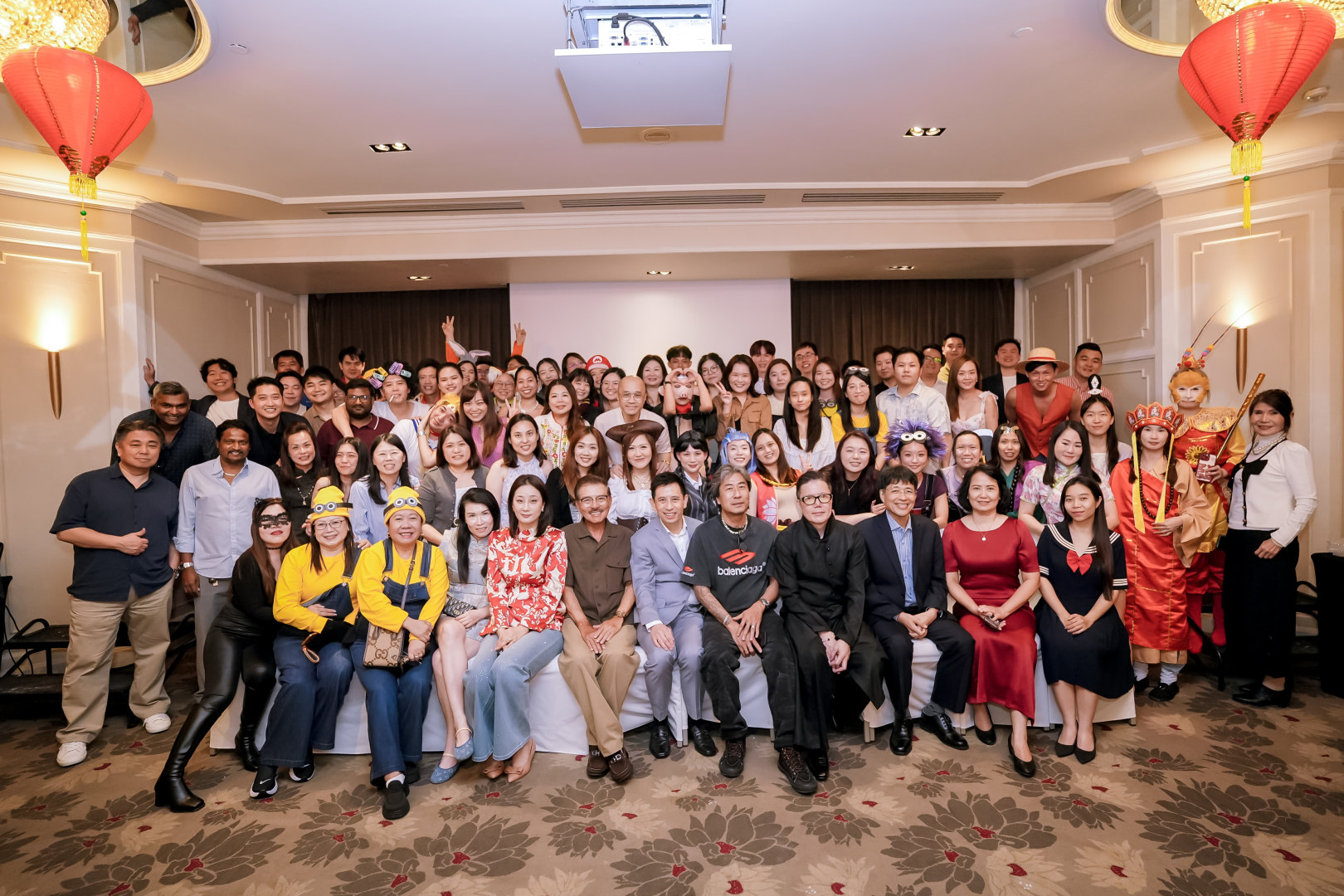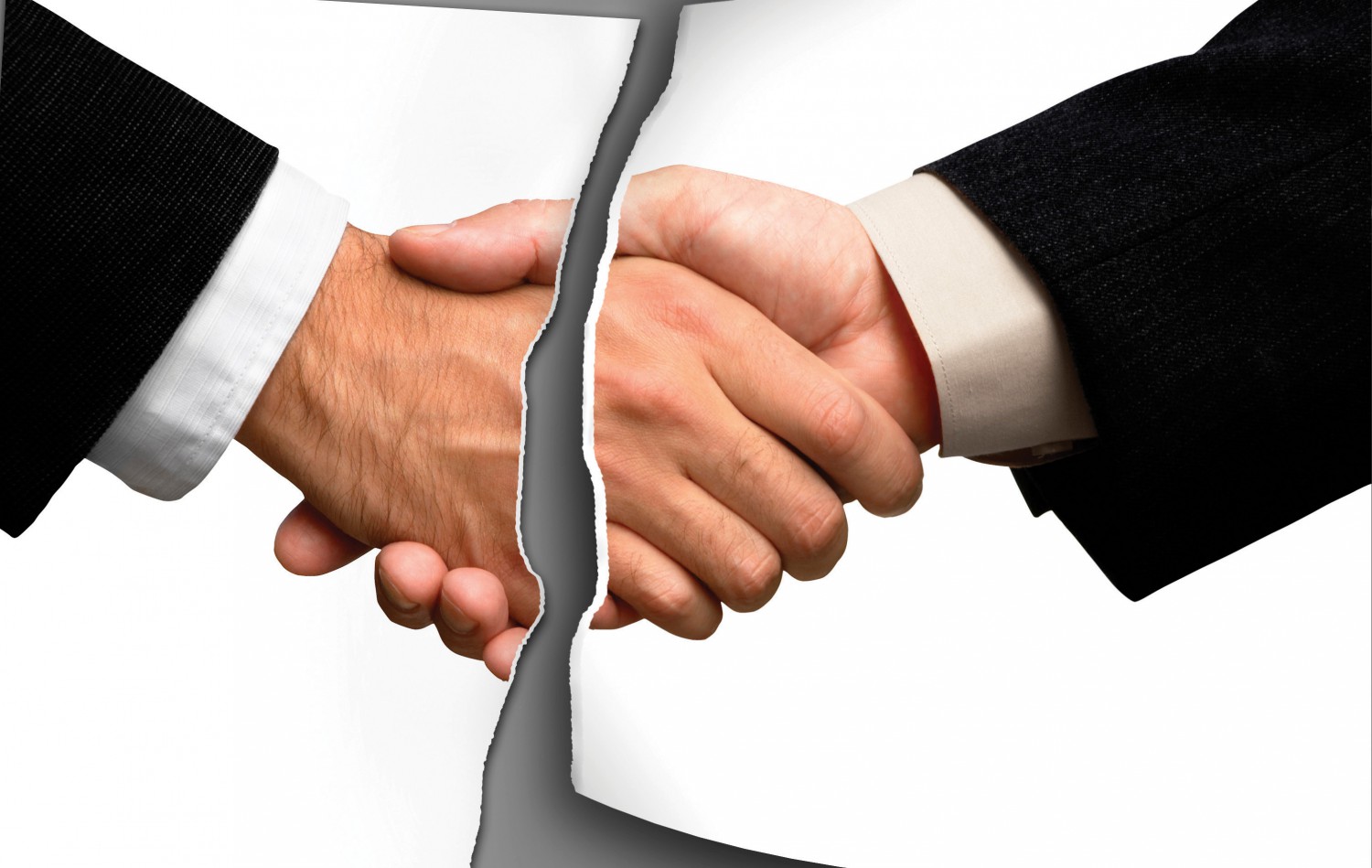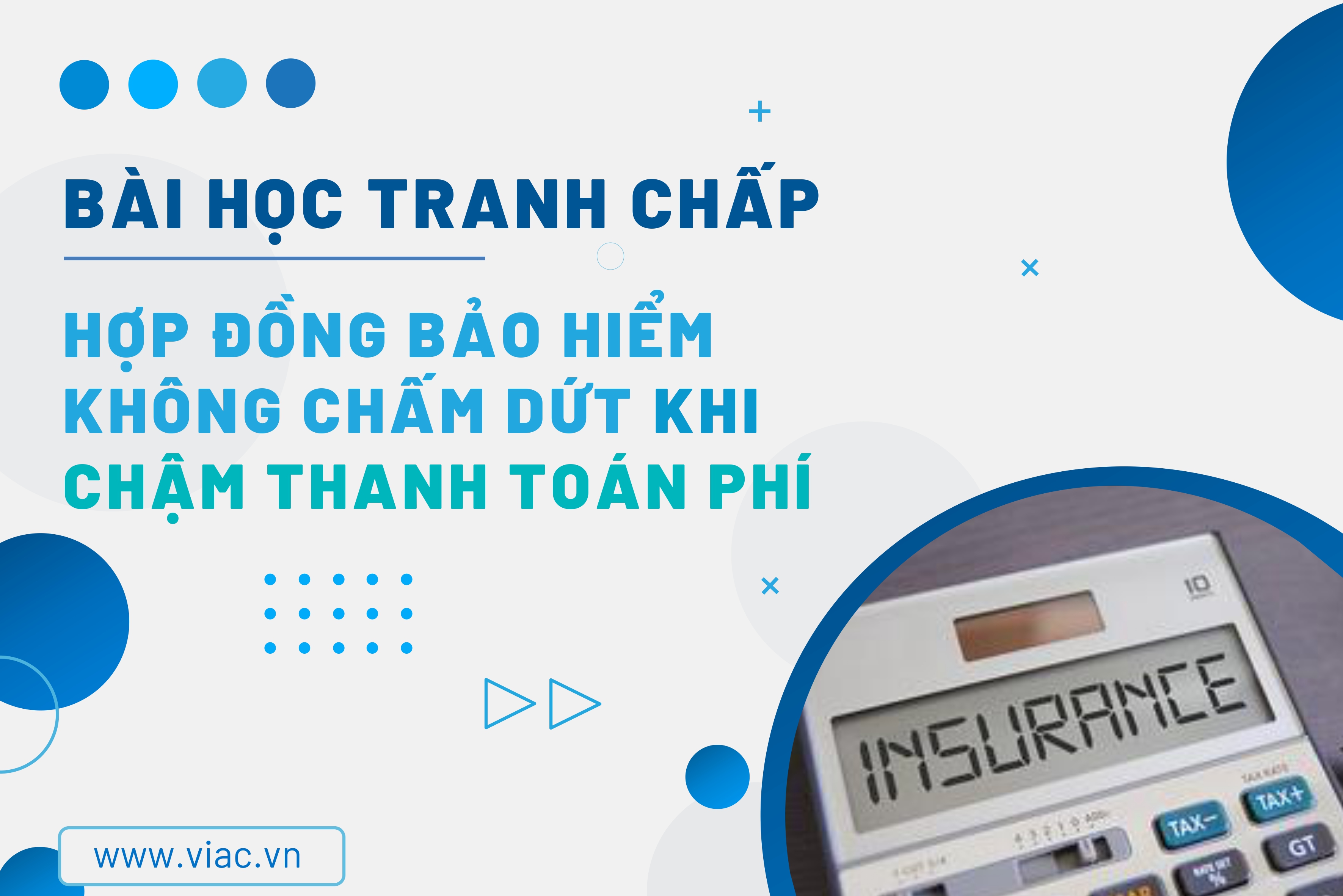Although export turnover to the EU market has such a high growth rate, the number of enterprises participating in exporting to this market is not commensurate with the potential...
Figures given at the seminar "Increasing the presence of Vietnamese enterprises exporting to the EU" on November 18 showed that the total export turnover from Vietnam to the EU in the period from August 2020 to July / July. 2022 (two years of implementation of the EVFTA) will reach US$83.4 billion (an average of US$41.7 billion per year), 24% higher than the average annual export turnover in the 2016-2019 period.

VIETNAMESE GOODS accounted for only 2% of EU's IMPORT DEMAND
Vietnam is facing many favorable conditions to deploy export activities to expand markets to the EU, when both Vietnam and the EU are promoting post-pandemic recovery, actively resumption of economic activities, trade. EVFTA is also a great advantage of Vietnam when only 4 Asian countries have signed FTAs with the EU.
However, currently, the number of Vietnamese enterprises exporting to the EU market has increased, not commensurate with their advantages and potential. The potential for increasing exports to the EU market is still very large, when Vietnamese goods only account for about 2% of the total annual import demand of the 27 member countries.
The reason is that many Vietnamese businesses are still afraid of high technical standards from EU markets. Therefore, they often choose a safe solution, focusing more on traditional markets. This is also a limitation, reducing the "first-mover" advantage of Vietnamese enterprises in the EVFTA.
Mr. Ngo Chung Khanh, Deputy Director, Department of Multilateral Trade Policy (Ministry of Industry and Trade), frankly admitted that there is still great room. The market share of many of our strategic products such as seafood, vegetables, etc. is still very low. Vegetables and fruits only account for a market share of more than 2-3%, seafood is more than 4%, even apparel is only 4%, which means that our strategic strengths have a very small market share and room. still big.
In addition, our business is still doing a lot of outsourcing. The number of brands is still quite modest.
Talking about the reasons for Vietnam's limited access to the EU market in recent years, Ms. Nguyen Thi Thu Trang, Director of the Center for WTO and Integration under the Vietnam Federation of Trade and Industry (VCCI). ), said that the biggest reason is that many businesses have never had any transactions with the EU market, so they do not benefit from this agreement.
This shows that there is a problem of limited connectivity, the story of trade promotion for Vietnamese goods in the EU market is not strong, so the number of EU partners or the number of EU customers know about Vietnam. Men are very few.
Moreover, according to the representative of VCCI, in the current context, the EU is particularly emphasizing green standards, humanistic standards, labor issues, carbon taxes, etc. to meet these standards is not only a challenge. for businesses that have never exported to the EU, but also a challenge for businesses that are familiar and experienced in the EU. Worryingly, Ms. Trang emphasized, the biggest factor, the biggest obstacle to accessing the EU is the limited competitiveness of businesses.
INCREASE CONNECTIONS, DO NOT LET SMALL BUSINESS IN THE EYES OF CUSTOMERS
In order to increase the presence of Vietnamese goods in the EU market, Ms. Trang affirmed, it is necessary to play the role of the State. Any support must start with the business. Where enterprises are entangled, the State's support will focus on and focus on those points.
Specifically, it is necessary to promote activities on trade promotion and trade connection between Vietnamese enterprises and partner enterprises in the markets, especially trade promotion for an entire industry to When customers think of Vietnamese products, they remember the product's brand.
On the other hand, support businesses to overcome technical barriers, food safety and hygiene... such as free inspection support to ensure that goods are safe for export and not returned.
Even training businesses to know the EU process that businesses must meet, on that basis, they will comply to be able to access the market.
At the same time, there are measures to support enterprises to improve their competitiveness in each aspect of product quality, design, product packaging...
"We can find more effective solutions, better meet the requirements of businesses, will certainly increase the presence of Vietnamese goods in the EU market," Ms. Trang said confidently.
Another way, according to Ms. Trang, products of Vietnamese enterprises can be present and indirectly benefit from participating in global supply chains and exporting through e-commerce. This is also a way for micro, small and medium enterprises to participate in exporting to the EU market.
From a business perspective, Mr. Dinh Cao Khue, Chairman of the Board of Directors, General Director of Dong Giao Food Export Joint Stock Company (DOVECO), emphasized the role of the Ministry of Agriculture and Rural Development and the Ministry of Industry and Trade in supporting businesses to participate in trade promotion. Especially with the Ministry of Industry and Trade, it is necessary to organize for businesses to participate in fairs and exhibitions in a more methodical way, from decoration to booth design...
“Without the companionship of ministries and sectors, Vietnamese enterprises would remain small in the eyes of customers. A company only has 4-6 square meters in the fair, there is not enough room for decoration, not enough space for consulting customers... then customers still see the business at a lower level, do not need to care," Mr. Khue noted. At the same time, emphasizing that, in order to increase connection with customers, enterprises need to improve their competitiveness, improve product quality, and meet the requirements set forth by the import market.










